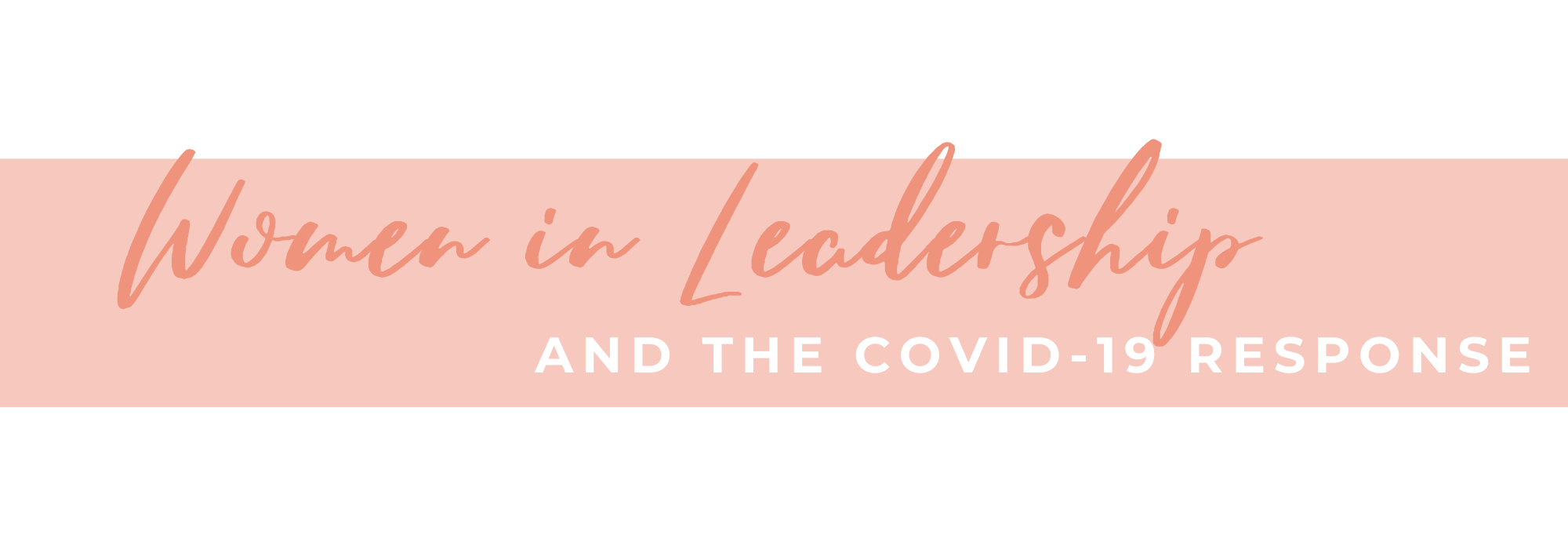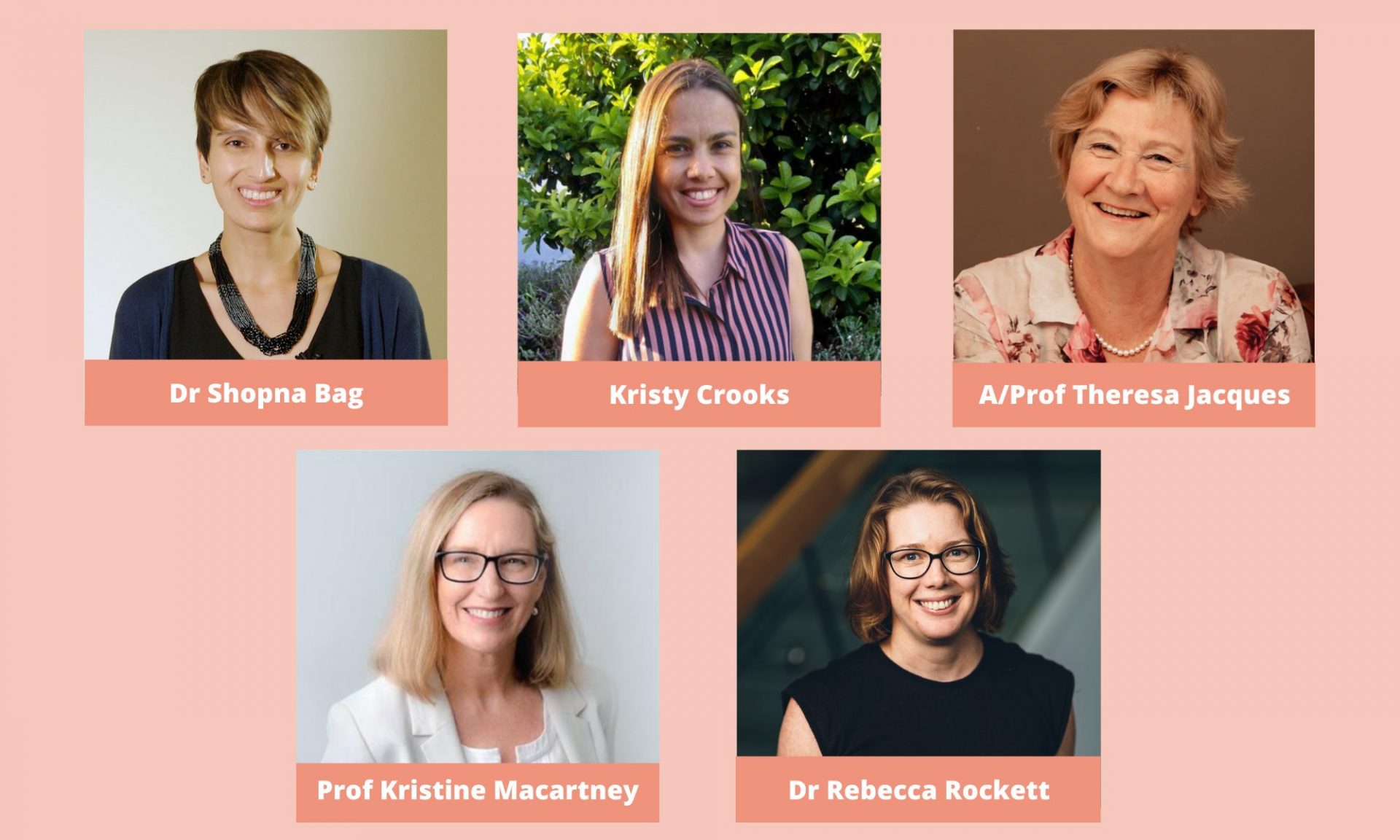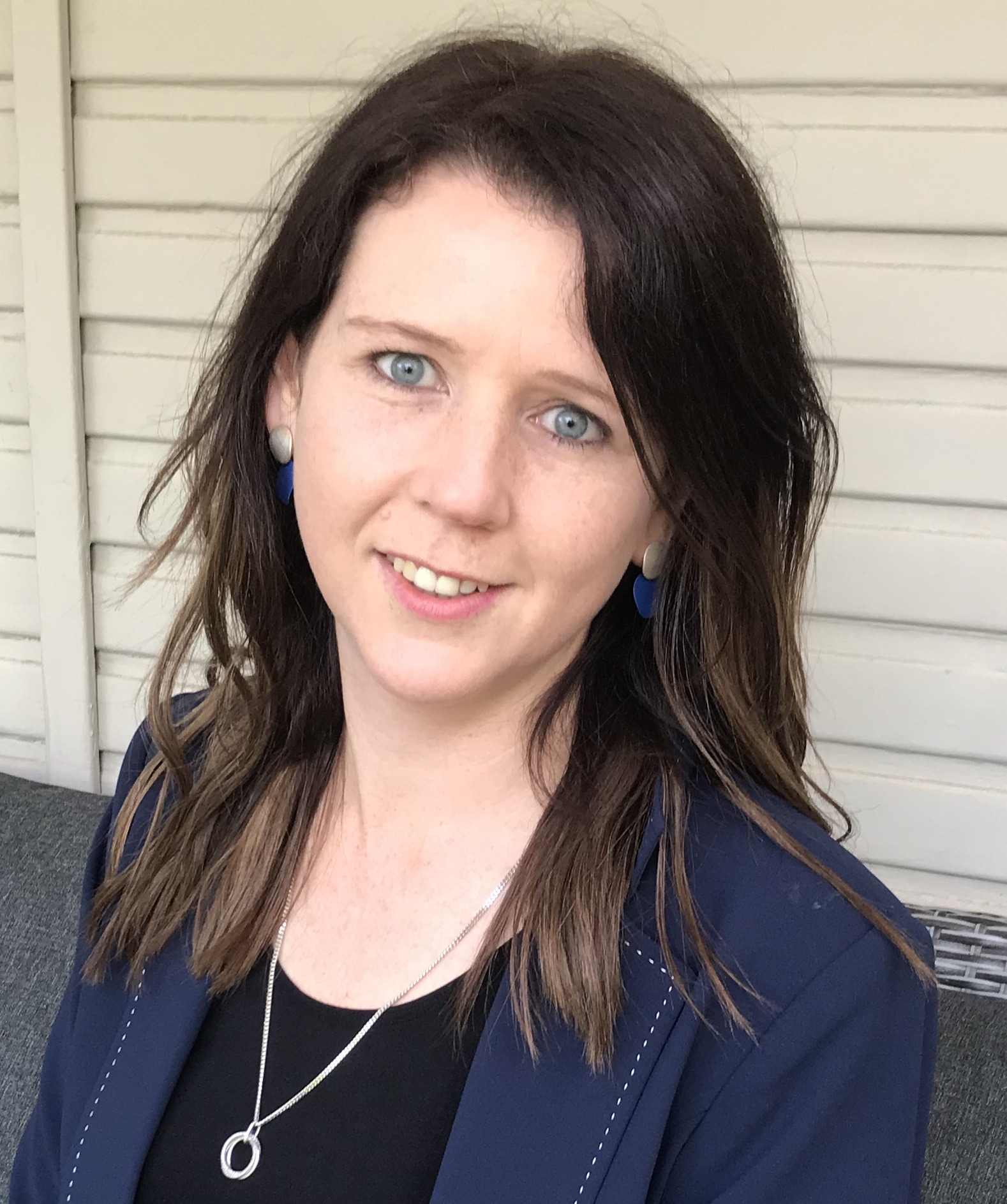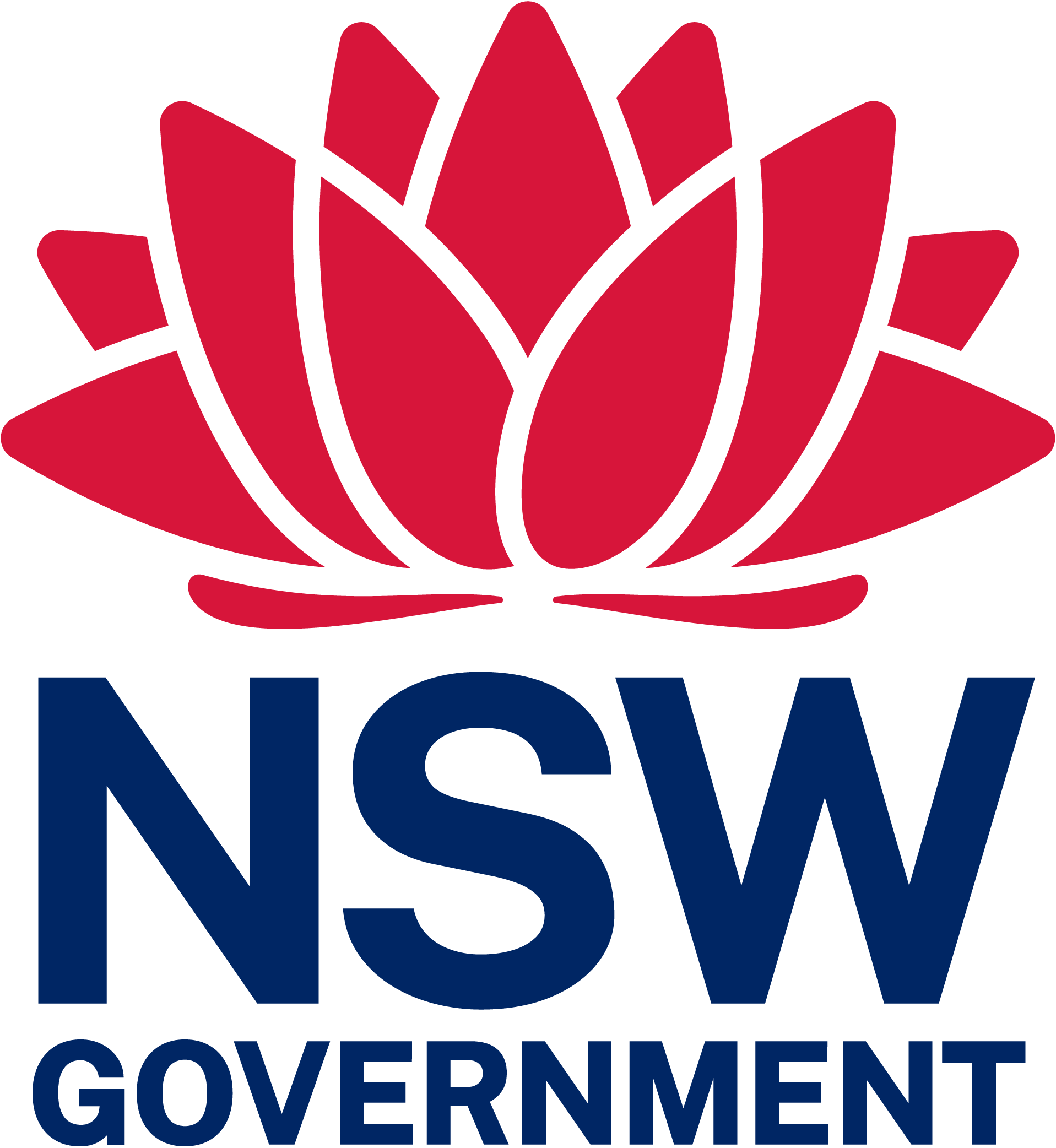
The COVID-19 pandemic has put science and the scientific community – in particular the health and medical research sector – into the spotlight like never before. Scientific methods like contact-tracing and genomic sequencing were discussed at the dinner table, people were checking ICU capacities like they would the weather, and many scientists became household names. Beyond science, our conversations also turned towards leadership, with a focus on who was able to be an effective leader during the crisis and what qualities they possessed.
For this event, we have brought together five brilliant women from our sector who each showed leadership in the Australian COVID-19 response. They represent a breadth of roles and disciplines, from laboratory science to immunisation policy and clinical care. We are also very excited to be joined by Angela Priestley of Women’s Agenda, who will lead the panel discussion as they reflect upon the last 2 years, how their leadership was called upon, what they learnt about themselves and their professions, and the stereotypes and assumptions surrounding leadership.
We hope you can join us to celebrate the achievements of some of our colleagues during such a challenging period for us all. There will be an opportunity to ask our panelists your questions and interact with the other wonderful women working across health care and health and medical research ecosystem.
Please note: in response to the evolving COVID-19 situation in Sydney, this event has been moved online and the timing changed.
Event Information
Date & Time
Wednesday 27 July 2022
11.00am – 12.30pm
Venue
Wherever you are!
(via Zoom)
Tickets
Members – $18
Non-members – $35
Registrations will close Monday 25 July 11:59PM
Our Panelists

Dr Shopna Bag - Acting Director for Population Health, Western Sydney Local Health District (WSLHD)
Shopna started her public health career in 2011 working as a public health registrar in Western Sydney, which took her from the CIDM lab in Westmead Hospital, to the Western Sydney Public Health Unit, to a secondment to the AHMRC in Surry Hills and finally to NCIRS in Westmead.
She was the Communicable Diseases CMO for the Public Health Unit from 2014, before taking on the role of Public Health Unit Director for WSLHD from 2017. Shopna was responsible for managing the Unit’s statutory responsibility to protect the health of the public, through preventing, reducing, and controlling communicable disease and environmental health risks, and delivering and improving health equity to the LHD community through targeted and long-term programs. Shopna has been collaborating with multiple clinical and non-clinical partners to ensure public health programs support the needs of the highly diverse community in WSLHD.
Over the past 2 years, Shopna been working at the forefront of the public health COVID-19 response leading the WSLHD pandemic response program. This included facilitating the rapid needs assessment and multi-disciplinary consultations with clinical and non-clinical departments to inform the local implementation of the state and national COVID-19 testing, tracing, isolation, and quarantine (TTIQ) program; to the development of COVID-19 support programs that were implemented concurrently with the TTIQ strategy, to enable its success in WSLHD. This included a local public health communication strategy (tailoring and localising the state-based public health messages and ensuring community reach), identifying the additional needs and social supports required by at-risk or vulnerable populations to undertake the TTIQ requirements, and further into the pandemic, a local vaccination strategy that educated and empowered local community populations to be vaccinated.
Twitter: @ShopnaKB
Kristy Crooks - PhD Candidate and Public Health Aboriginal Team Lead
Kristy is an Euahlayi woman. She is passionate about working to improve the health outcomes of Aboriginal people.
After completing her bachelors degree in Aboriginal Studies she began working with HNE Local Health District in 2005. In that time Kristy has worked on a variety of successful health programs, playing an instrumental role in the enhancement, facilitation and implementation of the NSW Aboriginal Health Award winning Shake A Leg health promotion program, and development of the I-FIT Aboriginal fitness program, Careers in Health Expo and the Inaugural Hunter Aboriginal Community Cancer Benefit.
In 2010 Kristy enrolled in the Masters of Education (Indigenous Studies) and was appointed a 12 month position with The Wollotuka Institute, University of Newcastle as the Rural Education Officer. This role was demanding and involved working across a large geographical area; from Tamworth to Bourke to Broken Hill. As part of this role Kristy developed the I.D Program (Indigenous Development Program) to inform and educate Aboriginal people in rural and remote communities about the various opportunities at university.
After completing her Masters Kristy returned back to HNE Health as the Aboriginal Health Education Officer and was successful in the Aboriginal Cancer Mapping Project Officer role which she completed in 2013.
Kristy successfully graduated from the Aboriginal Population Health Trainee (APHTI) program and also graduated from the Masters of Public Health, with Distinction. The APHTI program provided her with a great opportunity to work across many units within Population Health. Kristy has since fulfilled her aspiration to becoming a manager and is now working as the Aboriginal Program Manager with the Health Protection Unit – HNELHD.
Kristy is an APPRISE PhD scholar studying through Charles Darwin University and Menzies School of Health Research. Her research is focused on pandemic planning with First Nations communities.
In 2020, Kristy successfully developed and implemented a cultural governance model in the local emergency management system in Hunter New England Public Health Units response and established her own team; the Public Health Aboriginal Team (PHAT). PHAT determines local needs and priorities and implement holistic strategies that centre family and culture. Kristy has been leading the local COVID response in Hunter New England, and is supported by a team of strong, culturally connected Aboriginal women and men.
Twitter: @KristyCrooks
A/Prof Theresa Jacques - recently-retired Director of Intensive Care, The St George Hospital
Theresa has had a busy clinical Intensive Care practice in the public and private sector, held a number of leadership positions in health and has a research profile in ICU clinical practice and education.
She retired from being Director of Intensive Care, The St George Hospital in March 2021 after 32 years. The unit was a 5 bed unit when she started at St George Hospital – it is now a state of the art 52 bed facility awarded a citation by The American Critical Care Society, American Architects Association and Critical Care Nurses Association for its humanistic and aesthetic design.
She has held a number of key positions in Health including NSW Chairman of both ANZICS (Australian and New Zealand Intensive Care Society) and CICM (College of Intensive Care Medicine), and Chair of The NSW Ministry of Health Intensive Care Taskforce. She also chaired the Medical Staff Council at St George and was very successful in lobbying for the $277 million dollar Acute Services Building at St George Hospital that opened in 2017.
Her other interests include research into the patient experience & long term outcome of Intensive Care, Medical Education and Simulation. She won second prize for best scientific paper at the world Congress in Intensive Care in 2006 for a study of early detection of critical illness. This study led to the DETECT programme, a blended learning programme undertaken by all frontline staff in NSW hospitals to increase skills in managing the deteriorating patient. Her paper on Patient Discomfort won best Scientific Paper at the College of Intensive Care Medicine in 2018.This area of research involves collaboration with her French counterparts.
She introduced a computerised clinical information system into St George Intensive Care over 20 years ago – one of the first in Australia. She then went on be the medical lead for the $50 million dollar NSW statewide Clinical Information System project to ensure all ICU’s in NSW had access to clinical information systems. This collaboration between clinicians and E Health is the largest rollout of an IT system in ICU health in Australia and one of the largest in the world.
She has a strong interest in Ethics, the Law and Health Care having undertaken a Masters in Health Law focused on these issues. She was a member of the ANZICS National End of Life Care Working Part to improve the care of dying patients and their families.
She has supported and mentored ICU trainees, particularly female ICU trainees for many years and started the NSW chapter of the Women in Intensive Care Network.
In October 2015 she was named one of the top 100 influential women in Australia and in 2018 she was awarded one of the Top 50 women in the NSW Public Sector.
Her other interests include fishing, birdwatching, fine dining with her 2 sons and lap swimming pools of the world. She is currently on Long Service Leave having worked very hard during the peak of the pandemic on ICU last year and recently returned from France where she undertook an immersion French cooking class in Burgundy!
Twitter: @icu_women
Prof Kristine Macartney - Director at National Centre for Immunisation Research & Surveillance (NCIRS)
Professor Kristine Macartney is a paediatrician specialising in infectious diseases and vaccinology She is a medical graduate of the University of New South Wales and undertook her specialty training in Sydney and in the United States at the Children’s Hospital of Philadelphia.
Her Doctorate of Medicine was on rotavirus infection, in particular the mucosal immune response to novel vaccine candidates. She was a foundational member of the Vaccine Education Center at the Children’s Hospital of Philadelphia.
Kristine is currently the Director of the National Centre for Immunisation Research and Surveillance (NCIRS), a paediatric infectious disease consultant at The Children’s Hospital at Westmead and a Professor in the Discipline of Paediatrics and Child Health, University of Sydney.
Her research interests include translation of evidence into policy and practice, vaccine safety, and most other areas of vaccine preventable diseases research, particularly in relation to rotavirus, varicella zoster virus and influenza. She is the senior editor of the Australian Immunisation Handbook (9th and10th Editions and online) and has authored >200 peer-reviewed publications.
She is a member of the Advisory Committee on Vaccines (ACV) of the Therapeutic Goods Administration (TGA), the Communicable Diseases Network of Australia (CDNA) and the Australian Technical Advisory Group on Immunisation (ATAGI). She has acted as an expert consultant to the World Health Organisation (WHO) and is a member of the WHO Global Advisory Committee on Vaccine Safety (GACVS).Kristine leads the Australian national AusVaxSafety and Paediatric Active Enhanced Disease Surveillance (PAEDS) networks, and is the founding chair of the Australian Regional Immunisation Alliance (ARIA).
Dr Rebecca Rockett - Research Fellow at the Sydney Institute for Infectious Diseases, University of Sydney
Dr Rebecca Rockett is a Senior Research Fellow at the Centre for Infectious Diseases and Microbiology – Public Health and a member of the Sydney Institute for Infectious Diseases, University of Sydney. Her research focuses on utilising pathogen genomics to limit infectious disease outbreaks and improve treatments for a range of existing and emerging pathogens.
Dr Rockett has authored >40 peer reviewed articles (>2000 citations) including leading research published in Nature Medicine, New England Journal of Medicine and Nature Communication, and has appeared as an expert commentator on ABC News, The Conversation and 60 Minutes. She was awarded her PhD from the University of Queensland in 2015 for which she gained a Dean’s Award for Research Excellence. Demonstrating her emergence as a leader in public health genomics she has been successful in attracting $4.1 million of competitive grant funding.
Twitter: @rockett_rebecca
Our Facilitator

Angela Priestley – Founding Editor of Women’s Agenda
Angela Priestley is the co founder of Agenda Media, a 100% female owned and run media business publishing Women’s Agenda, Women’s Health News, The STEMM Wrap, The Women’s Health Project podcast series and much more.
Twitter: @angelapriestley
Supported by the

